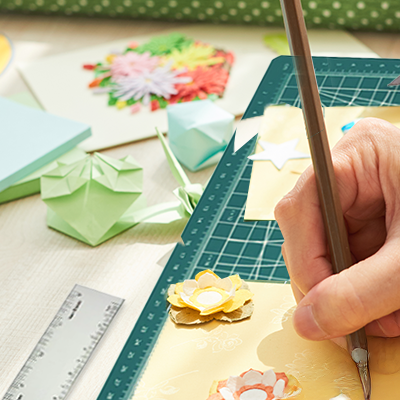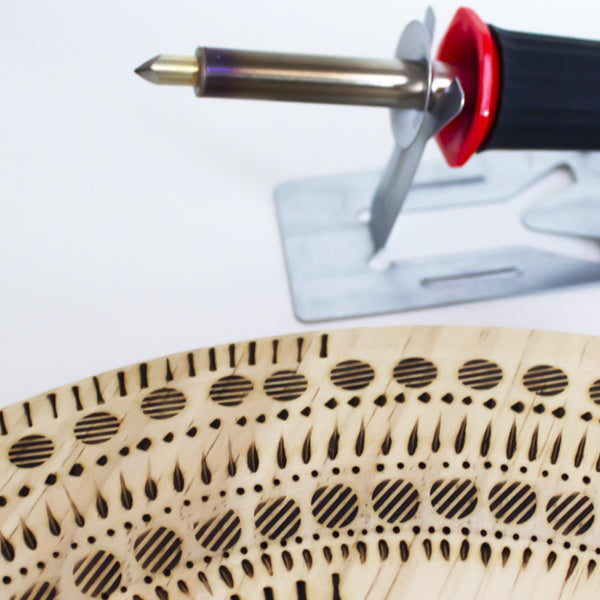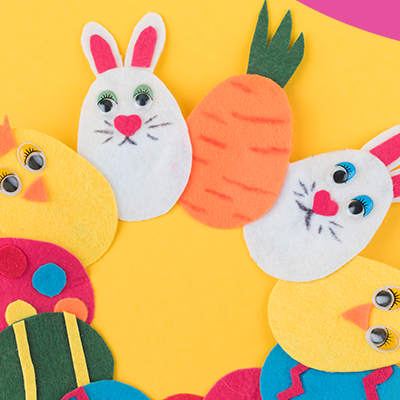
How to Use Wafer Paper for Cake Decorating
Wafer paper is one of the most exciting and versatile materials in modern cake decorating. Lightweight, edible, and easy to manipulate, it's the perfect medium for creating intricate floral designs, ruffles, toppers, and more. In this beginner-friendly tutorial, we’ll show...







